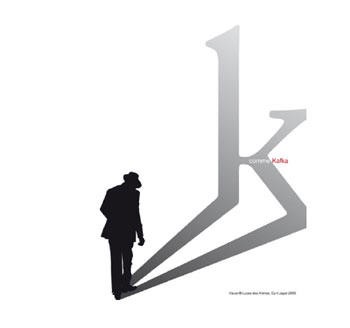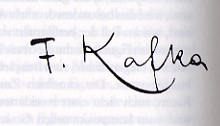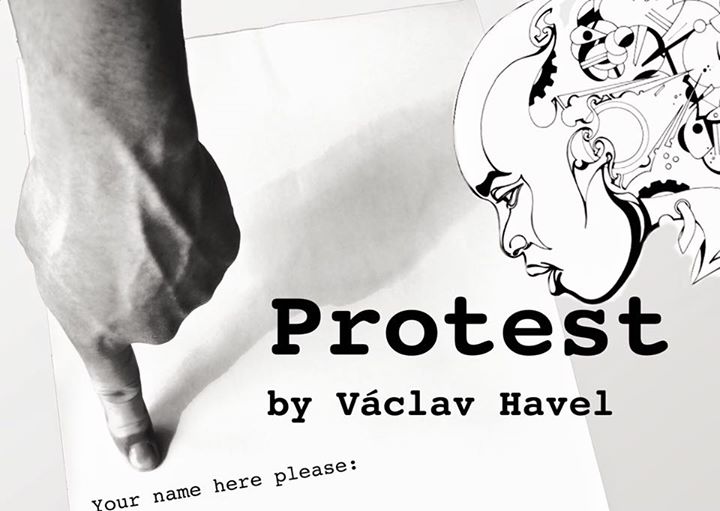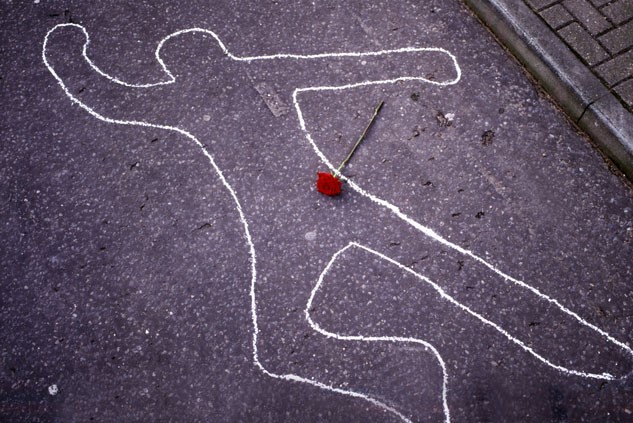Coming in Spring 2018

Masterpieces of Scandinavian Literature: the 20th Century
Literature in Translation 274/Scandinavian Studies 374
Instructor: Susan Brantly
Can thrillers, science fiction novels, or films be literary masterpieces? Yes they can! Explore the changing fashions in literature throughout the 20th Century, while you learn important survival skills for the media age. Everybody wants something, so how do you assess what different writers want from you, and what tricks do they use to go about getting it? Through a selection of short texts, novels, and plays, we’ll be learning from some of the best: Nobel Laureates (Knut Hamsun, Pär Lagerkvist), medical doctors (P.C. Jersild), and other provocateurs (August Strindberg, Isak Dinesen, Ingmar Berman, Peter Hoeg, and the rest). This course fulfills the literature requirement, can be taken for Comm-B credit, and has an honors option.
German 275/Lit in Trans 277/Comparative Literature 350:
Kafka and the Kafkaesque
(Adler; TR 11:00-12:15; ENGR HALL 1227)
Franz Kafka (1883 – 1924) is an author whose impact on world literature cannot be overestimated. Born an Austrian Jew and living in the German-speaking Diaspora of Prague, he spent his days making a living as a successful employee of an insurance company and his nights desperately trying to create fiction that met his own exacting expectations. Constantly at odds with the demands of his family, friends, and fiancées/female acquaintances and plagued by poor health, Franz Kafka struggled his entire life long to reconcile the irreconcilable: life and writing.
Similar to Kafka’s characters, who are losers from the outset, the readers of Kafka’s texts seem doomed to fail in their attempts to understand this uncanny world, created out of common language. And here lies the uncomfortable paradox: We may understand his texts but we struggle to follow their logic and the mysterious world created by them. Even when our imagination and comprehension fall short of grasping the textual world we remain mesmerized by it.
In this course, we will read a wide selection of texts by Franz Kafka in order to approach an understanding of his universe and prepare ourselves to view this universe in comparison with other contemporary authors as well as authors from other cultures and eras (N. Gogol, W.G. Sebald, T. Pynchon, H. Mulisch, P. Roth). Lectures will also highlight literature, film, and art works in the tradition of the Kafkaesque. There will be a midterm and a final exam.


Dissent and Modern Identity: Václav Havel’s Protest
Directed Study, Spring 2018, 2cr, meeting schedule to be arranged
Professors David S. Danaher and Manon van de Water, GNS
What can an absurdist playwright and so-called dissident from late 20th-century Czechoslovakia teach 21st-century Americans about dissent and political power? What is the relationship between dissidentism and personal/collective identity in modern society? This directed study provides (partial) answers to these questions by engaging in a critical reading, and ultimately a dramatic presentation, of one of Václav Havel’s plays from 1978.
We will situate the play in its sociocultural context (Czechoslovakia during the “culture of dissent” in the late 1970s) by reading and discussing related plays and writings that help us understand its meaning and message. What is the power of theatrical performativity, and how does Havel craft his play to maximize its effect? In other words, what is the relationship, in Havel’s thinking, between theatrical performance and cultural/political performance? One focus of our discussion will concern the play’s relevance to contemporary society: what can Havel teach us about empowerment in our own society?
For more information on this course, please contact David S. Danaher at dsdanaher@wisc.edu.
German 362-2: Mord und Totschlag: Deutsche Krimis als Texte und Filme

Instructor: Professor Sabine Gross
Spring 18, Tu and Thu, 5:30-6:45 pm
Prerequisites: German 249, 258, and 262; or German 249 and 274 or 284; or cons inst
L&S Credit Type: C
Honors: For full Honors credit, please enroll under course number German 385
Detective fiction is the most popular kind of entertainment fiction worldwide. In this course, you will read German-language texts and view films from two centuries of the detective/mystery genre. You will meet famous classical detectives (including Sherlock Holmes); German, Austrian, and Swiss detectives; female and Turkish-German detectives. You will watch the most famous German TV detective series, read at least one “detective story without a detective”, and you will observe and analyze different types of detectives (reason or intuition, police or outlaw), perpetrators, and crimes. We will debate big questions – human motivations (love, greed, hate…..), social marginalization and privilege, violence and justice. But we’ll also read like detectives – closely and attentively – as we follow the traces that criminals leave and sleuths pursue. You will learn about the rules of the detective genre and why some authors break them. You will learn about different forms of detective stories and analyze their clever construction, and we will discuss important aspects of mysteries such as gender and place/space, the role of suspense vs. surprise, and the role of humor.
The course language is German. Active oral participation is essential for this seminar-style class: come prepared for whole-group (and sometimes small-group) discussion and lively exchange.